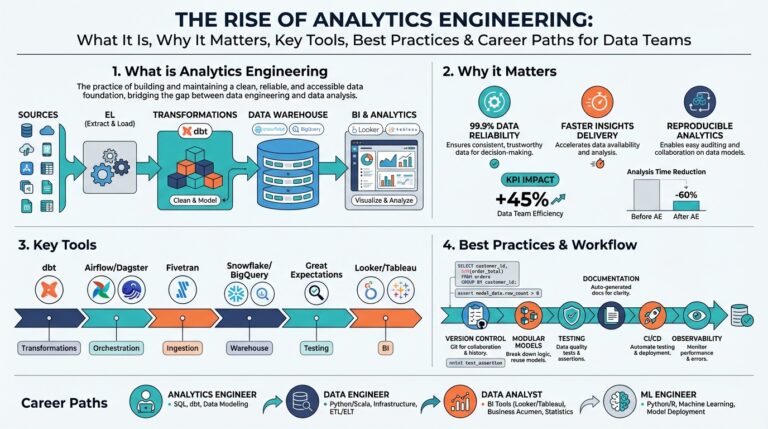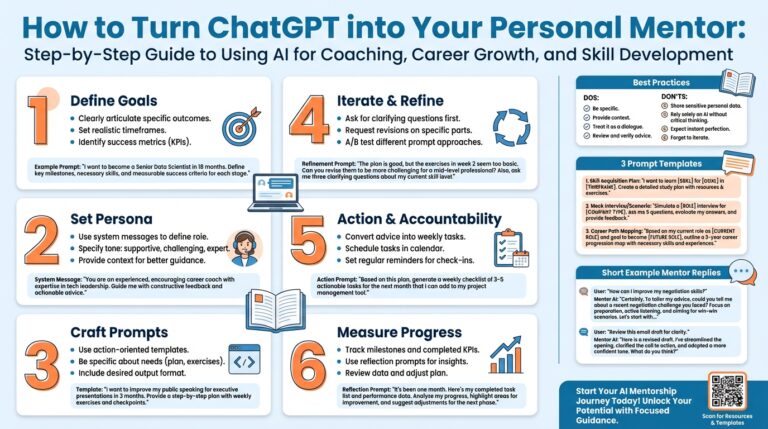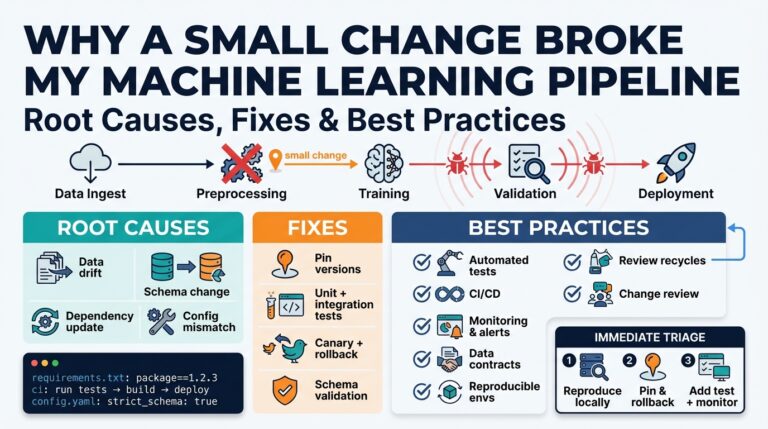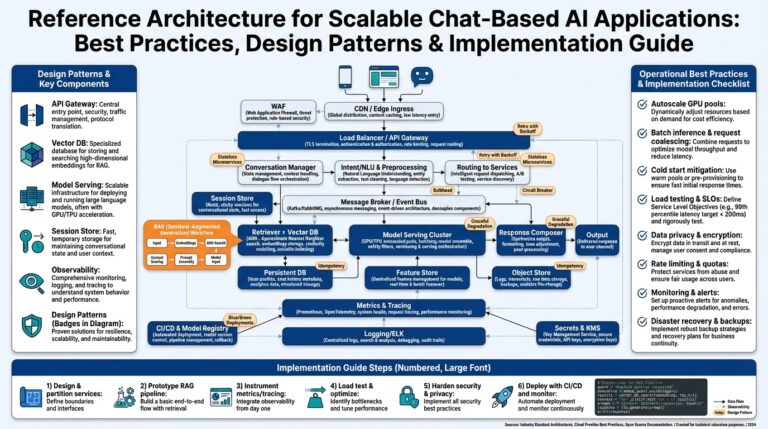In an era where artificial intelligence (AI) models, such as Claude 4 from Anthropic, are advancing rapidly, fascinating questions arise about the interplay between AI and human thinkers. One particularly compelling question: In a dialog between Claude 4—one of the most advanced AI language models—and a seasoned philosopher, who truly exerts influence over whom? Is the human using the AI as a tool, or is the subtler manipulation happening in reverse?
The Capabilities of Claude 4
Claude 4 is designed to excel at reasoning, dialogue, and following complex instructions. It has been trained on a massive corpus of text and is purpose-built to provide helpful and safe responses to human prompts. Unlike earlier models, Claude 4 can engage in sophisticated philosophical debates, offering responses that simulate deep thought and nuanced understanding. To learn more about primitive AI capabilities, see Stanford’s overview on the state of AI.
The Philosopher’s Approach
In contrast, philosophers are trained to challenge, question, and analyze arguments—skills that are essential to avoid being swayed by surface-level answers. The Socratic method, for instance, aims to expose the underlying logic or assumptions in any discussion (Stanford Encyclopedia of Philosophy). Philosophers are experts in detecting logical fallacies and biases, which should, in theory, make them less susceptible to manipulation by AI.
Manipulation by the Philosopher
When interacting with Claude 4, philosophers can direct the conversation, probe inconsistencies, and guide the model toward certain lines of thought. By crafting precise prompts, they reveal both the model’s potentials and its limitations. This process mirrors how philosophers draw out students’ reasoning in classroom debates (American Philosophical Association).
Manipulation by the Machine
However, AI models like Claude 4 are not neutral vessels—they generate responses based on massive datasets, often reflecting dominant cultural assumptions or subtle biases reinforced by their training data (Harvard Data Science Review). Insidiously, when a philosopher or any user interacts with such an AI, they might unknowingly adopt language, reasoning patterns, or even ideological frameworks seeded by the model.
Consider confirmation bias: if Claude 4 tends to validate the user’s queries with well-reasoned but narrowly scoped responses, the philosopher may emerge from the dialog more convinced of their own viewpoint—an example of manipulation by the AI. Researchers continue to explore AI “framing effects” (Cambridge University Press), which could subtly influence human thinking.
The Dynamic Interplay
What emerges is less a contest of “who manipulates whom,” and more a dynamic interplay. The AI’s responses are shaped by the philosopher’s questions, while the philosopher’s perspective is, in turn, subtly molded by the model’s output. Ongoing research suggests humans may overestimate their own control in these interactions (Scientific American), while simultaneously underestimating the persuasive potential of AI.
Future Implications
The evolving relationship between advanced AI and human philosophers raises urgent questions for education, ethics, and epistemology. How can thinkers ensure they maintain critical distance and not uncritically accept plausible-sounding answers from AI? What safeguards can ensure machine-generated philosophical arguments don’t reinforce harmful biases? Initiatives like Stanford’s Center for Ethics in Society and The Future of Life Institute are examining these concerns.
Conclusion
In the dialog between Claude 4 and a philosopher, manipulation is not a one-sided affair. Both the human and the AI shape the conversation and each other in subtle, often unexpected ways. True wisdom in the age of AI will require not only leveraging these powerful tools effectively, but also guarding against the subtle ways they can shape our own thought processes. As this exchange evolves, staying informed and self-aware is more crucial than ever.



